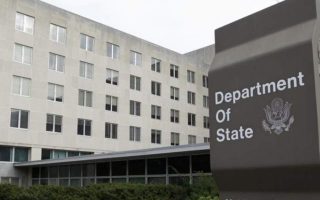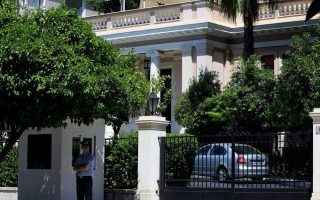Government preparing plan for civil service hirings

A bill currently being drafted by the Administrative Reform Ministry and expected to be submitted to Parliament within the month aims to introduce a four-year plan for recruitments in the civil service, the latest in a series of apparent attempts by the government to win support ahead of elections next year.
The legislation, titled “Strengthening ASEP and boosting and upgrading the public administration and other provisions,” will remain under public discussion until Monday, after which it is expected to be unveiled in detail by Minister Mariliza Xenogiannakopoulou.
All the hirings would be carried out via the Supreme Council for Civil Personnel Selection (ASEP), which is responsible for public sector hirings, according to the provisions of the bill.
A vote on the legislation is expected in January, when debate on elections, officially scheduled for September but expected to happen earlier, is likely to intensify.
According to the bill, ministries will be required, as of January, to provide the Administrative Reform Ministry with four-year plans, setting out their strategic and staffing needs.
The plans are to include estimates of expected staff departures and assessments of the staffing needs of any state bodies or agencies overseen by the ministries.
The next step would be for the ministry to draft an overall four-year plan, taking into account the needs of all the other ministries and bodies, and to submit that blueprint to the Finance Ministry, which would assess the demands while drafting its medium-term fiscal plan.
Ministries will also be required to draft annual plans, every September, outlining their needs for seasonal staff.
With the bill expected to come to Parliament in January, and be voted into law by coalition MPs, it is expected that the government will not delay in announcing civil service hirings.
It would be the latest of several pledges in recent weeks. Last week Prime Minister Alexis Tsipras heralded a pilot program of fuel subsidies to small and remote islands worth 570 million euros and an emergency benefit totaling 42 million euros for livestock breeders.
Those promises followed pledges for cuts to the ENFIA property tax and a so-called “social dividend” of some 710 million euros which is to be disbursed to low-income Greeks.





